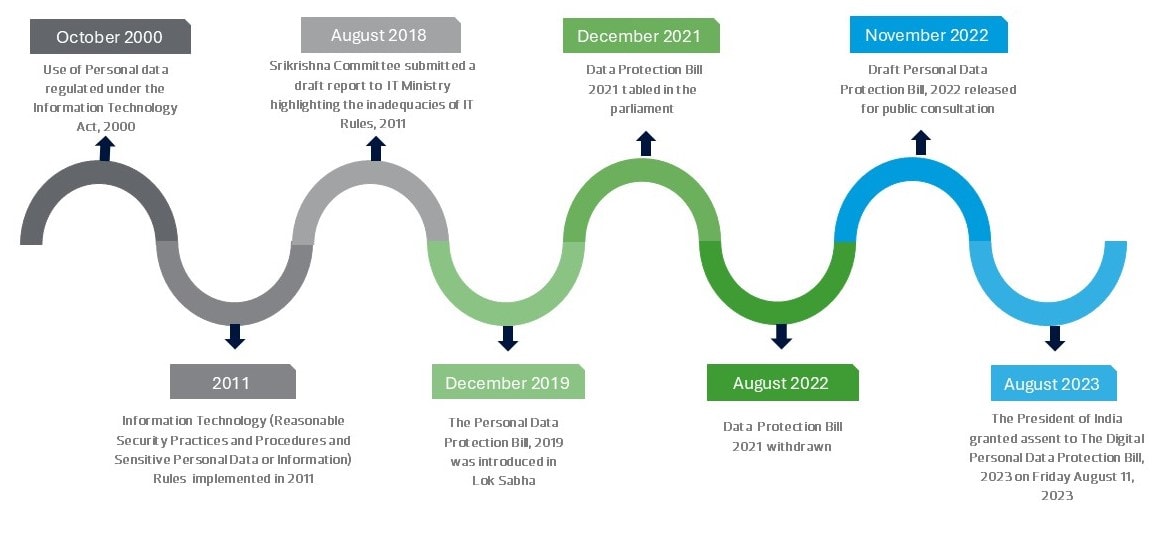Definition of Data Privacy and Its Importance
Data privacy, also referred to as information privacy or data protection, involves the proper handling, processing, storage, and dissemination of personal data. It encompasses the relationship between data collection practices, technology, public expectations, contextual information norms, and the legal and political frameworks that govern these activities. My significance of data privacy has escalated in recent years due to the exponential increase in the volume and variety of personal information being collected and processed in the digital age.
The importance of data privacy can be understood through several key aspects:
- Protecting personal information: Ensures confidentiality and security of sensitive personal data, such as financial records, health information, and personal communications.
- Maintaining trust: Builds and sustains trust between individuals and organizations by guaranteeing responsible data handling.
- Preventing abuse: Protects against the misuse of personal information, such as identity theft, fraud, and unauthorized surveillance.
- Compliance: Ensures adherence to legal and regulatory mandates that require the protection of personal data.
Historical Context of Data Privacy
The concept of data privacy has evolved significantly over time, influenced by technological advancements and the growing digitization of personal information. Various regions worldwide have developed their own frameworks and regulations to address data privacy concerns.
Global Developments
1.General Data Protection Regulation (GDPR) -
European Union: Enacted in 2018, the GDPR is one of the most comprehensive data protection regulations globally. It sets stringent requirements for data handling and grants extensive rights to individuals regarding their personal data.
2.California Consumer Privacy Act (CCPA) -
California: Effective from 2020, this act provides California residents with substantial control over their personal information, including the right to know what data is collected, the right to delete it, and the right to opt-out of its sale.
India’s Digital Personal Data Protection Act:
India with over 80 crore internet users is amongst the highest consumers and producers of data per capita amongst the countries. Digital India has transformed the lives of crores of Indians. With this, personal data security and privacy issues have become very important aspects of our daily interactions and have thus figured prominently across various forums in recent years. On 24th August 2017, a nine Judge Bench of the Supreme Court delivered a unanimous verdict in Justice K.S. Putt swamy vs. Union of India and other connected matters, affirming that the Constitution of India guarantees to each individual a fundamental right to privacy.
Against this backdrop, it became important to have a law to address the privacy of data. Brief timeline of the Data Privacy regulation in India is as follows:
POPULAR SEARCHES
New Tax Regime Slabs | DPDPA Compliance Chechklist | Cyber security policy Frameworks | Cybersecurity landscape and threats | Interplay between data privacy and cybersecurity | Roles of Cybersecurity Regulatory Bodies | Rationalizing TCS on LRS | Union Budget 2025 | Double Taxation of Dividends | Union Budget 2025 PDF | Old and New Tax Regime | Company Law and Legal Advisory Services | Business Consulting Services | Corporate Advisory And Structuring Services | Financial Process Outsourcing Services | Goods and Services Tax advisory | IT Systems Assurance Services | Ind AS advisory | Internal Audit Services | Tax Services – Domestic and International | Banking, Financial Services and Insurance (BFSI) Internal Audit Services | Tax Service for Gems and Jewellery Industry | Internal Audit Services For ITeS Industry | Internal Audit Services for Manufacturing Industry | Internal Audit Service for Entertainment Industry | Internal Audit Service in Real Estate Industry


